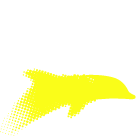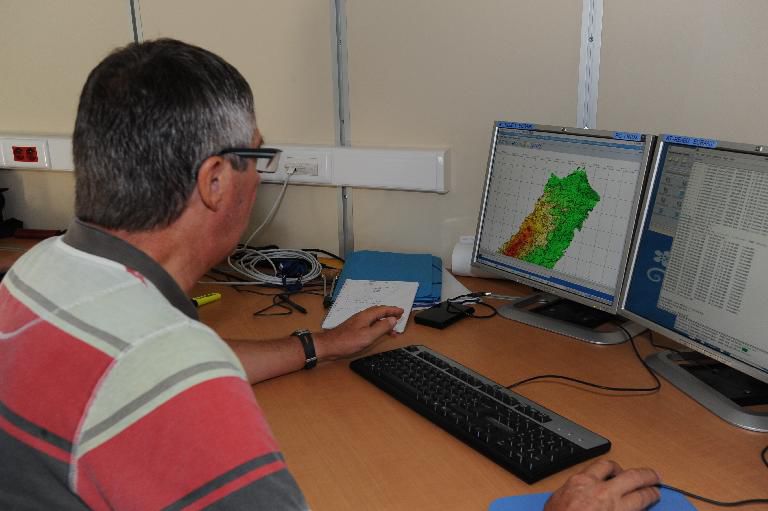Data management
Marine observation is expensive, given the costs of the vessels and equipment required. Furthermore, it is often not reproducible as the sea is a highly variable environment, at time intervals ranging from very short (waves, tides, etc.) to very long (climate change, species evolution, geology of the seabed and sub-bottom, etc.). The conservation of marine observation data is an economic factor but also a scientific challenge for reconstructing time series in order to illustrate this variability.
It is a true heritage, however it has been shown that if the observations are not professionally archived, over 30% of the data are lost and are unusable ten years after their acquisition.
Ifremer has been commissioned to manage marine information and data. The decree by which it was established states (Chapter 1, article 4, paragraph 6) that the institute is tasked with "collecting, distributing and promoting national and international information".
Ifremer's role is to implement the procedures and computer systems required to receive the data, format and control it, reference it, ensure its long term preservation, its availability and its distribution, via online portals or upon request. The data are distributed in accordance with rules established in agreement with the scientific teams which collected the information, in compliance with the relevant national and international directives (Aarhus Convention, INSPIRE Directive, for instance) and the discipline's quality standards.
To fulfil these objectives, Ifremer, either alone or with its partners who work actively in the marine environment – the French geological survey BRGM, France's National Centre for Space Studies CNES, the National Center for Scientific Research CNRS (INSU), the National Research Institute for Sustainable Development IRD, the French Navy hydrographic and oceanographic service SHOM – has developed databases in the fields of hydrology (physics and chemistry of the ocean surface and water column), geoscience (geophysics and geology of the seafloor and sub-bottom), the coastal and deep-sea environment (plankton, contaminants, ecosystems and biology of organisms, etc.), fisheries (evaluation of resources and uses).
Ifremer is also a driver in promoting the interoperability of databases, based on standardised services, within French institutional networks led by the Ministry of Ecology such as the Water Information System, the Fisheries and Aquaculture Information System, as well as at European level with the research infrastructure SeaDataNet, the "European Marine Observation and Data Network" (EMODnet) and through major international programmes such as Argo or the International Oceanographique Data Exchange (IODE) programme of the UNESCO Intergovernmental Oceanographic Commission.

